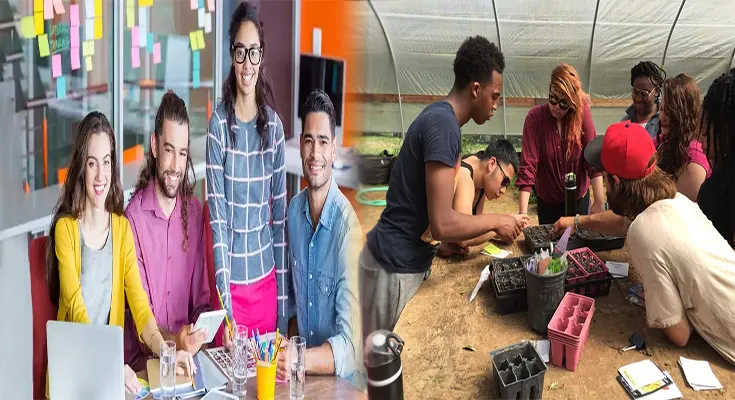Experiential learning is a dynamic educational approach that emphasizes hands-on, immersive experiences to help students gain practical knowledge and skills. One of the key benefits of experiential learning is its ability to enhance critical thinking skills. In this article, we will explore how experiential learning can enrich critical thinking abilities and empower students to think more deeply and critically about the world around them.
1. Active Engagement
One of the primary ways experiential learning enhances critical thinking is through active engagement. Instead of passively receiving information, students actively participate in hands-on activities, simulations, experiments, or real-world experiences. By engaging directly with the subject matter, students are encouraged to question, analyze, and evaluate information, leading to deeper critical thinking.
2. Problem-Solving Opportunities
Experiential learning provides students with ample opportunities to engage in problem-solving tasks. By facing real-world challenges and obstacles, students are compelled to think critically and creatively to find solutions. This process of trial and error, reflection, and refinement helps students develop their problem-solving and critical thinking skills in a practical and meaningful way.
3. Reflection and Analysis
An essential component of experiential learning is reflection. Students are encouraged to reflect on their experiences, evaluate their actions and decisions, and analyze the outcomes of their efforts. This reflective process fosters critical thinking by prompting students to consider different perspectives, question assumptions, and identify areas for improvement. Through reflection, students can deepen their understanding and enhance their critical thinking abilities.
4. Application of Knowledge
Experiential learning emphasizes the application of knowledge in real-world contexts. By applying theoretical concepts to practical situations, students gain a deeper understanding of the material and develop critical thinking skills. This hands-on application of knowledge allows students to see the relevance and implications of what they are learning, fostering critical thinking and analytical reasoning.
5. Collaborative Learning
Experiential learning often involves collaboration and teamwork, providing students with opportunities to engage in discussions, debates, and group projects. Collaborative learning environments stimulate critical thinking by encouraging students to consider diverse viewpoints, engage in constructive dialogue, and challenge their own assumptions. Through collaborative experiences, students can enhance their critical thinking skills by learning from others and building on their ideas.
Experiential learning is a powerful educational approach that can significantly enhance critical thinking skills. By engaging students in hands-on activities, problem-solving tasks, reflection, and collaborative learning opportunities, experiential learning fosters a deeper understanding of concepts and promotes analytical reasoning. Through experiential learning, students can develop the critical thinking skills necessary to navigate complex challenges, make informed decisions, and thrive in an ever-changing world.





